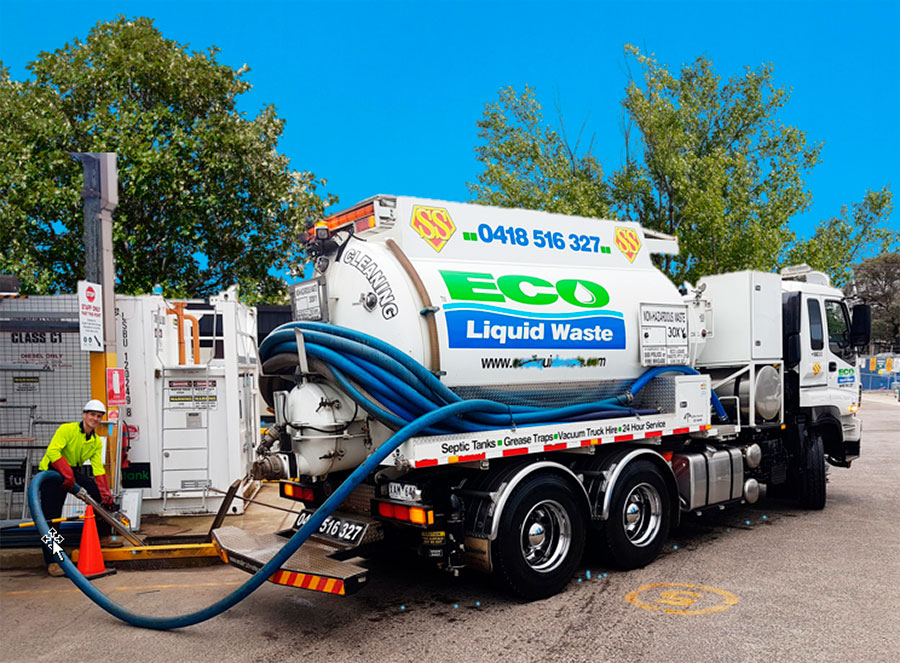The Main Principles Of Reclaim Waste
The Main Principles Of Reclaim Waste
Blog Article
The Best Guide To Reclaim Waste
Table of ContentsSome Known Questions About Reclaim Waste.Reclaim Waste Things To Know Before You Get ThisReclaim Waste Things To Know Before You BuyHow Reclaim Waste can Save You Time, Stress, and Money.The Ultimate Guide To Reclaim Waste
Discover the kinds, incidents, and types of fluid waste. Domestic sewage waste refers to the waste and products from a household septic system. This kind of waste is developed by human beings in residences, institutions, and other buildings. This only consists of septic systems that have a drainpipe area. The appropriate management and disposal of residential sewer waste require fluid waste to be transferred to a sewer therapy plant where the proper methods and devices are related to detoxify and get rid of waste.
Commercial waste commonly includes prospective risks, such as flammable materials or a mix of liquid and solid waste products, and needs an extra advanced and thorough disposal process. The disposal of business waste commonly includes the filtration of waste before transportation to ensure risk-free and proper disposal. Hazardous waste is produced from by-products and overflow of commercial processes and production.
This type of waste can not make use of the very same sewer administration transport or processes as septic or business fluids. The hazardous waste monitoring process requires the assessment and screening of fluid waste before it undertakes the disposal process (liquid waste removal). Drainage waste is the liquid waste that originates from overflow and excess stormwater in very inhabited areas or cities
Runoff waste can trigger contamination and flooding if not handled correctly. Discover more regarding sewage system cleansing and waste monitoring. Guaranteeing proper waste management can prevent catastrophes and decrease environmental damage. Both people in household settings and experts in business or manufacturing industries can benefit from understanding the procedures and regulations of liquid waste monitoring.
Reclaim Waste for Beginners
Contact PROS Solutions today to discover our waste monitoring and disposal services and the appropriate ways to look after the fluid waste you produce.
(https://www.tumblr.com/reclaimwaste1/766851148823068673/at-reclaim-waste-were-a-national-solutions?source=share)Do you recognize what occurs to your water when you draw the plug, flush the toilet or drain pipes the cleaning device? No? Well, it deserves recognizing. This so-called 'wastewater' is not only a vital source however, after therapy, will be launched to our land, waterways or the sea. Used water from bathrooms, showers, baths, kitchen area sinks, laundries and commercial processes is known as wastewater.

water used to cool down equipment or tidy plant and tools). Stormwater, a type of wastewater, is runoff that streams from farming and metropolitan areas such as roofs, parks, yards, roadways, paths and gutters right into stormwater drains pipes, after rainfall. Stormwater flows neglected directly to neighborhood creeks or rivers, at some point getting to the ocean.
What Does Reclaim Waste Mean?
In Queensland, many wastewater is dealt with at sewage treatment plants. Wastewater is transferred from domestic or commercial sites through a system of drains and pump stations, referred to as sewage reticulation, to a sewer therapy plant. Neighborhood governments build, maintain and run most sewer therapy plants. Operators are certified under the Environmental Management Act 1994 to release cured wastewater at an appropriate environmental requirement right into rivers.
The Department of Natural Resources advises neighborhood governments regarding handling, operating and keeping sewerage systems and treatment plants. In unsewered locations, city governments might call for homeowners to set up private or home sewage therapy systems to treat domestic wastewater from commodes, kitchens, restrooms and laundries. The Division of Natural Resources authorises using family systems when they are shown to be effective.
The majority of stormwater gets no treatment. In some brand-new class, treatment of some stormwater to remove clutter, sand and gravel has actually started using gross toxin catches. Wastewater treatment takes place in four phases: Gets rid of strong issue. Larger solids, such as plastics and other things incorrectly released to drains, are eliminated when wastewater is gone through screens.
Wastewater after that flows right into big tanks where solids settle and are removed as click resources sludge. Oil and scum are skimmed from the surface. Makes use of little living microorganisms understands as micro-organisms to damage down and get rid of continuing to be dissolved wastes and great fragments. Micro-organisms and wastes are integrated in the sludge. Removes nitrogen and phosphorus nutrients that can cause algal flowers in our waterways and threaten marine life.
The 7-Minute Rule for Reclaim Waste
Nutrient removal is not available at all sewage treatment plants because it requires expensive specialist devices. Clear liquid effluent produced after therapy might still have disease-causing micro-organisms - liquid waste removal.

Many wastewater moves into the sewage system. Under the Act, regional federal governments provide approvals and licences for eco pertinent tasks (Periods) involving wastewater launches that may have a local influence.
Not known Details About Reclaim Waste
Otherwise, examples are taken for research laboratory evaluation. Commonly numerous tests are required to establish the levels of each of the various toxins such as oils, hefty metals and chemicals in water. Surveillance gives valid information about water top quality and can validate that permit problems are being fulfilled. The info obtained via monitoring offers the basis for making water quality decisions.
Report this page